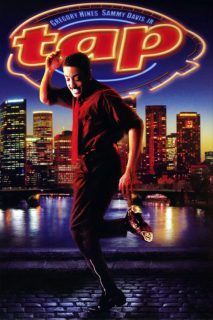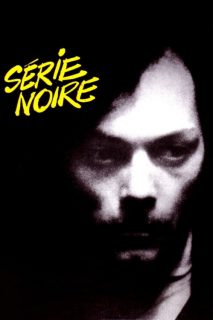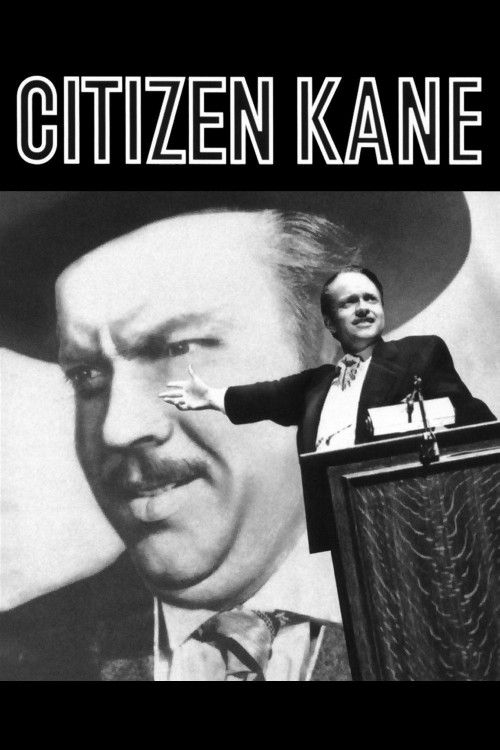
- Year: 1941
- Released: 05 Sep 1941
- Country: United States
- Adwords: Won 1 Oscar. 11 wins & 13 nominations total
- IMDb: https://www.imdb.com/title/tt0033467/
- Rotten Tomatoes: https://www.rottentomatoes.com/m/Citizen_Kane
- Metacritics: https://www.metacritic.com/movie/citizen-kane-1941
- Available in: 720p, 1080p,
- Language: English, Italian
- MPA Rating: PG
- Genre: Drama, Mystery
- Runtime: 119 min
- Writer: Herman J. Mankiewicz, Orson Welles, John Houseman
- Director: Orson Welles
- Cast: Orson Welles, Joseph Cotten, Dorothy Comingore
- Keywords: black and white, money, journalist, florida, child,
 | 8.3/10 |
 | 100/100 |
 | 99% – Critics |
 | 90% – Audience |
Citizen Kane Storyline
After his death, the life of Charles Foster Kane – newspaper magnate and all-round larger-than-life American – is told from the perspective of those who knew him. A newspaper reporter is interviewing those in Kane’s life hoping to learn the meaning of Kane’s last word, Rosebud. Kane was sent to a boarding school at a young age after his mother struck it rich thanks to a mining claim that was signed over to her in lieu of rent. He came into his vast fortune at the age of 25 and promptly bought a newspaper. His idea of news was to make it as much as report it and along with his good friend, Jedediah Leland, had a rollicking good time. Unsuccessful in his bid for political office, his relationships with those around him begin to deteriorate and he dies, old and alone, whispering the word Rosebud.
Citizen Kane Play trailer
Citizen Kane Photos
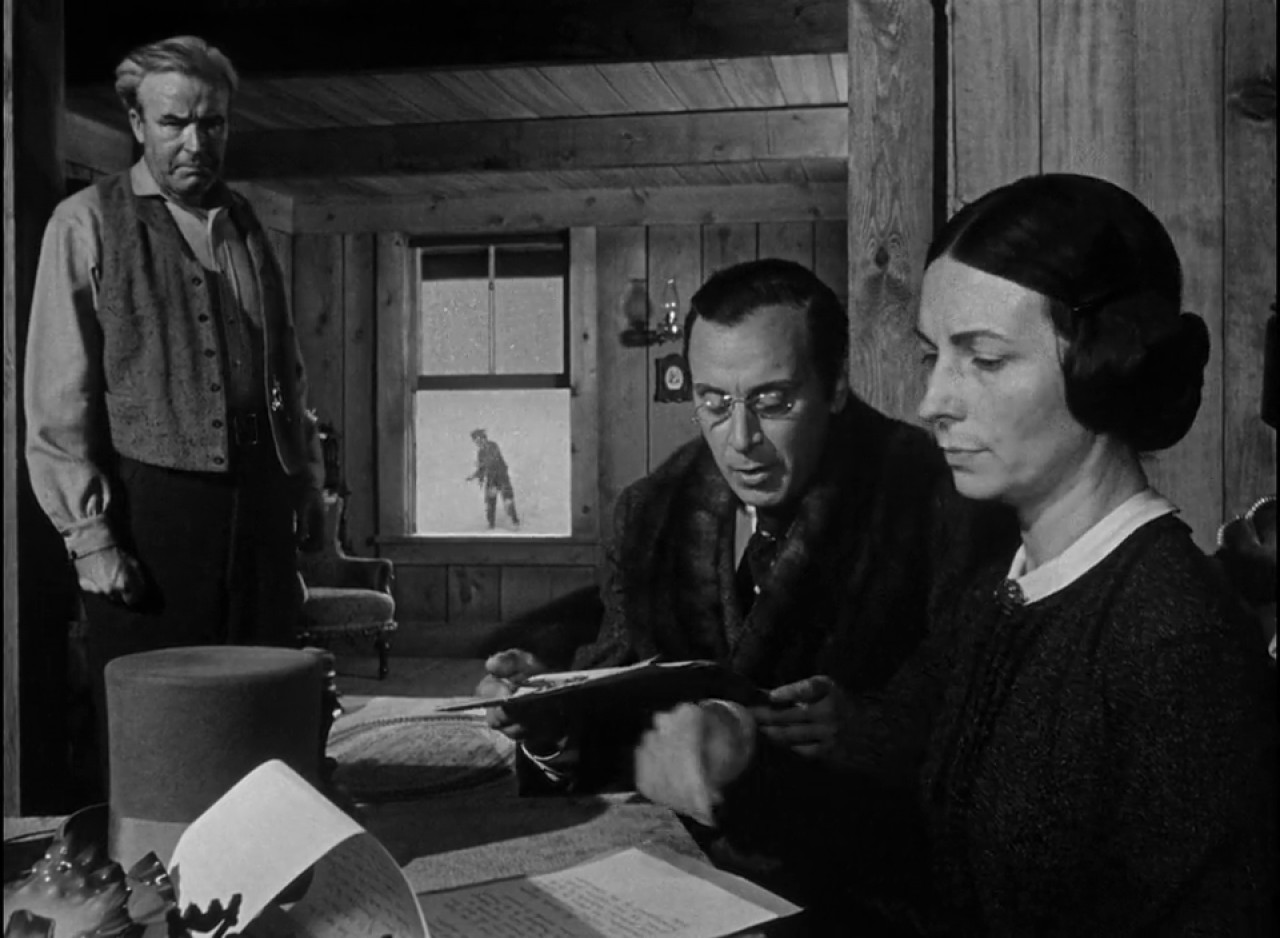
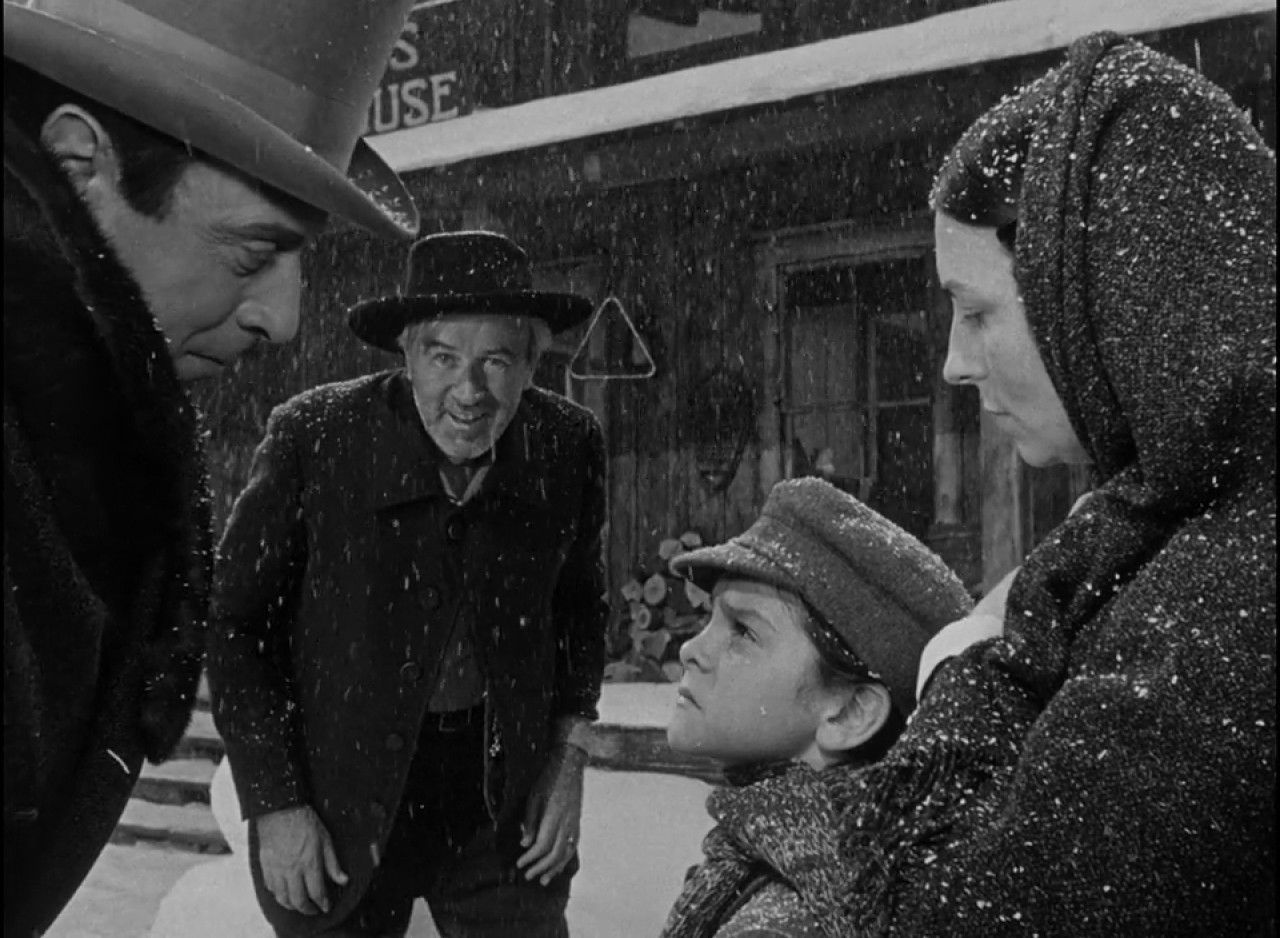
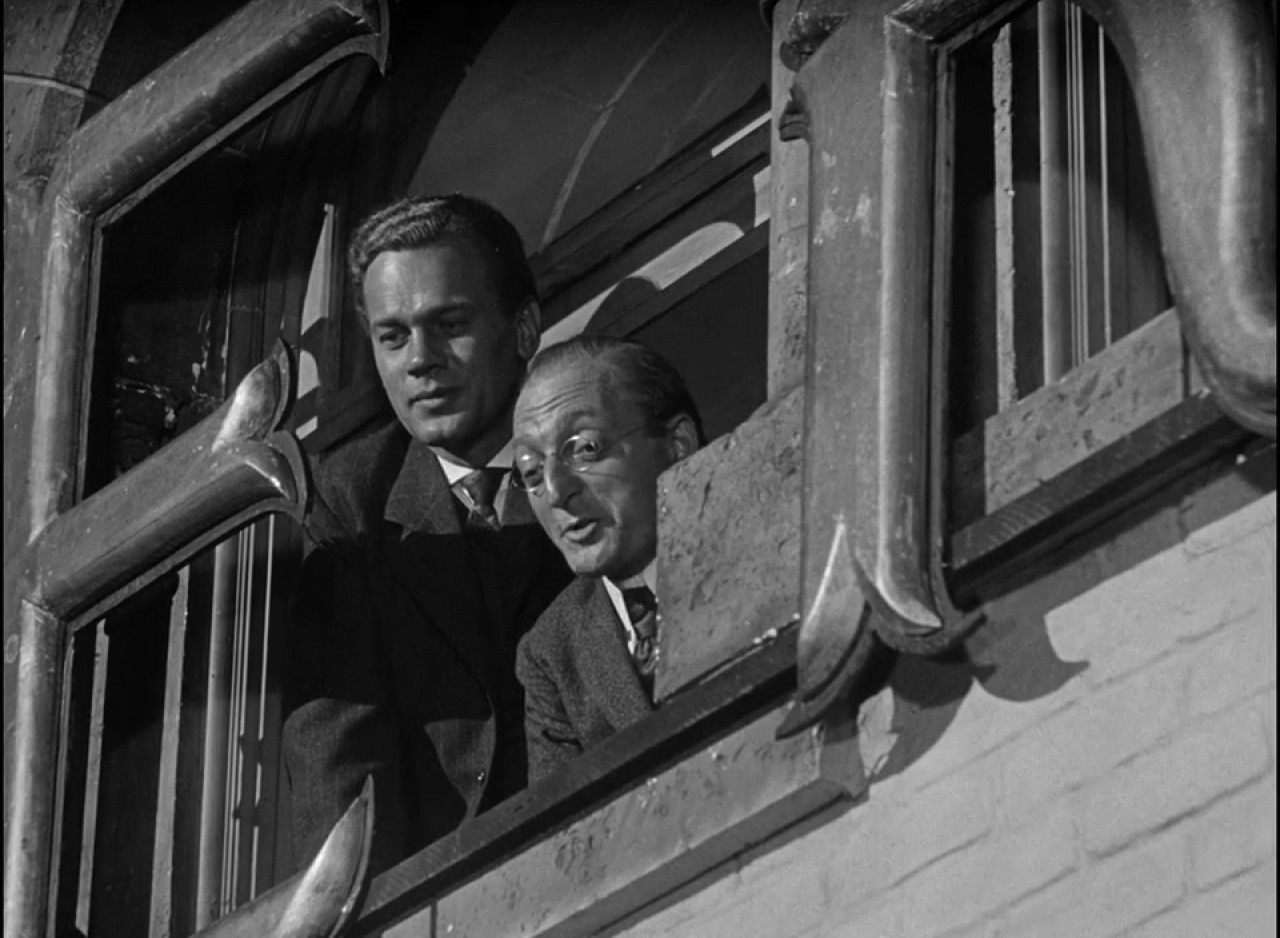
Citizen Kane Torrents Download
| 720p | bluray | 751.53 MB | magnet:?xt=urn:btih:40B3232ECA07E475C9FCD3DF397FFDC19031EA16 | |
| 1080p | bluray | 1.50 GB | magnet:?xt=urn:btih:21C1AC1B69FDE8BFFDD301970A8B571F13AEF500 |
Citizen Kane Subtitles Download
| Arabic | subtitle Citizen Kane | |
| Brazilian Portuguese | subtitle Citizen Kane | |
| Bulgarian | subtitle Citizen.Kane.1941.1080p.BrRip.x264.BOKUTOX. | |
| Chinese | subtitle Citizen Kane | |
| Chinese | subtitle Citizen Kane | |
| Dutch | subtitle Citizen Kane | |
| English | subtitle Citizen Kane | |
| English | subtitle citizen kane | |
| English | subtitle Citizen Kane | |
| English | subtitle Citizen.Kane.1941.1080p.720p.BluRay.x264. | |
| French | subtitle Citizen Kane | |
| Greek | subtitle Citizen Kane | |
| Hebrew | subtitle Citizen Kane | |
| Korean | subtitle Citizen Kane | |
| Norwegian | subtitle Citizen Kane | |
| Portuguese | subtitle Citizen Kane | |
| Serbian | subtitle Citizen Kane | |
| Spanish | subtitle Citizen.Kane.1941.1080p.720p.BluRay.x264. | |
| Turkish | subtitle Citizen Kane |
Citizen Kane Movie Reviews
Giant of its field
Any art becomes harder to appreciate as time passes. We look at statues and paintings from, lets say the Ancient Greece, and we appreciate them for their aesthetic, their style and the craftsmanship that went into making them. Yet we often know very little about why or even how they were made. Were they political in their time, like art often is nowadays, or were they made simply to feed the artist, like some of the greatest works of art in history have sometimes been made? And if we somehow found out that a painting of a human figure in some prehistoric cave was actually a political satire of the rival clan chief, would it add value to the work?
I ponder this because I don’t think I fully get Citizen Kane, or if I even can get it without a degree in history. Back in its days, the film was widely applauded for its groundbreaking style and its cinematographic feats. Orson Welles put himself on the map by pulling off tricks and visuals that had never been seen before. He also based the story of one Charles Foster Kane on a real life business tycoon William Randolph Hearst, a polarizing figure back then, thus tying the film to the days of its release.
And I view this film and I must admit that it didn’t blow me away. The cinematography is brilliant and impressive, but I’ve seen most of the tricks already in newer films, and thus their impact is lessened. And while it’s an interesting character study about the meaning of contentment, wealth and American ideals, I was left with the impression that I was missing something. And I think it’s that I have no real life parallels to compare this film to. Especially seeing as I’m not an American.
Is it still a good film? Oh, definitely. It’s a pioneer of its field, its themes are very deep, it’s beautiful on the technical level and even the story, while rather slow, does keep you interested through the capturing presence of Welles’ acting. I do recommend seeing it, though I must admit that I respect it more than I like it.
While it is an example of a film I admire rather than adore, I can see why this film is seen as a classic
That is not to say I didn’t love it, this film is absolutely brilliant in every respect. I just more admire it rather than adore it, but I completely understand its reputation as a classic. The cinematography is enough to earn the film’s reputation, every shot, every angle is exemplary and has so much visual drama, and you never know from looking at Citizen Kane that it was made on a shoestring budget. That is not all though. Bernard Hermann’s score is superb, the story while not easy to understand at first is interesting and the screenplay is thought-provoking. Not only does Orson Welles direct impeccably, he turns in a magnificent performance as Charles Foster Kane, while the supporting acting is excellent too. People may dismiss Citizen Kane as boring and dull, and I have known people outside of IMDb to say that, but I have yet to hear any of those people to say it is not well-made or directed. As for me, I loved this film very much, and while my praise doesn’t completely go beyond sheer admiration I cannot deny it is a great film. 10/10 Bethany Cox
An Expert On What People Will Think
The problem with writing about a film like Citizen Kane is that with 809 previous comments on the boards here, there is little that hasn’t been said already. The best you can do is not look at any others and express your own thoughts your own way.
I’ve always felt the real reason that William Randolph Hearst so bitterly resented Orson Welles’s masterpiece is that it got really too close to his own soul for him to be easy. Most folks who talk about Citizen Kane go for the obvious target, Welles’s depiction of Marion Davies (Susan Alexander) as a no talent gold digger. In fact Welles himself in later years said he thought he was unfair to Davies then in Dorothy Comingore’s performance.
What Welles showed in Charles Foster Kane was the insincerity of his beliefs. The key line in Citizen Kane I’ve always thought was what Joseph Cotten said that his friend Charlie Kane had a lot of opinions, but didn’t believe any of them. To this day serious biographers of Hearst still wonder exactly what he did believe when the day was done.
Citizen Kane came up with a host of Oscar nominations, but only took home one award for original screenplay for Welles and Herman Mankiewicz. Original it certainly was in concept and execution.
The role that was written by Welles and Mankiewicz and directed by Welles for Welles is one of the greatest roles ever written for any film actor. The technique of Citizen Kane is always discussed, the flashbacks told from many points of view for the audience to get a grasp of what the title character was all about. What’s not discussed is Welles himself.
What he does in fact is give several performances of the same man in one film. Welles reinterprets Kane five or six times depending on whose flashback we’re seeing. He’s a scared child being taken from his parents, he’s a rich frat boy and incorrigible scamp as seen by George Couloris the J.P. Morgan like banker, he’s an idealist and crusader as seen by his business manager Everette Sloane, a man with no core set of beliefs who will do anything to bend the public to approval by his closest and maybe his only real friend Joseph Cotten, a lonely man with a compulsion for real love by Dorothy Comingore, and as an aging tyrant by butler Paul Stewart. Welles makes every one of these Kanes come alive and each relates to the other.
The names of all those I’ve mentioned in the cast before were from Welles’s Mercury Theater Company, nearly all went on to substantial movie careers. Others from the cast who did are Ray Collins, Agnes Moorehead, Ruth Warrick, and Erskine Sanford. I don’t think any other film comes close to introducing so many talented players to the screen.
The film begins with the aged Kane’s death and that single word ‘Rosebud’ which sends everyone scrambling to find out just what he had on his mind in his final moments on earth. Those searching never do find out, but you the audience does and the unveiling of Charles Foster Kane’s inner soul is something once seen and never forgotten.

